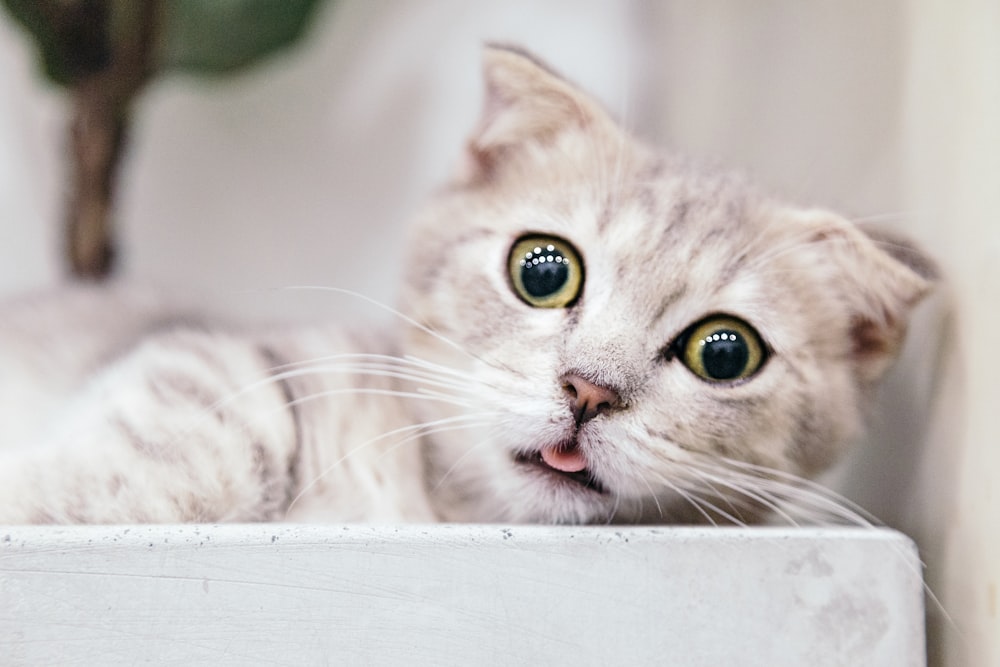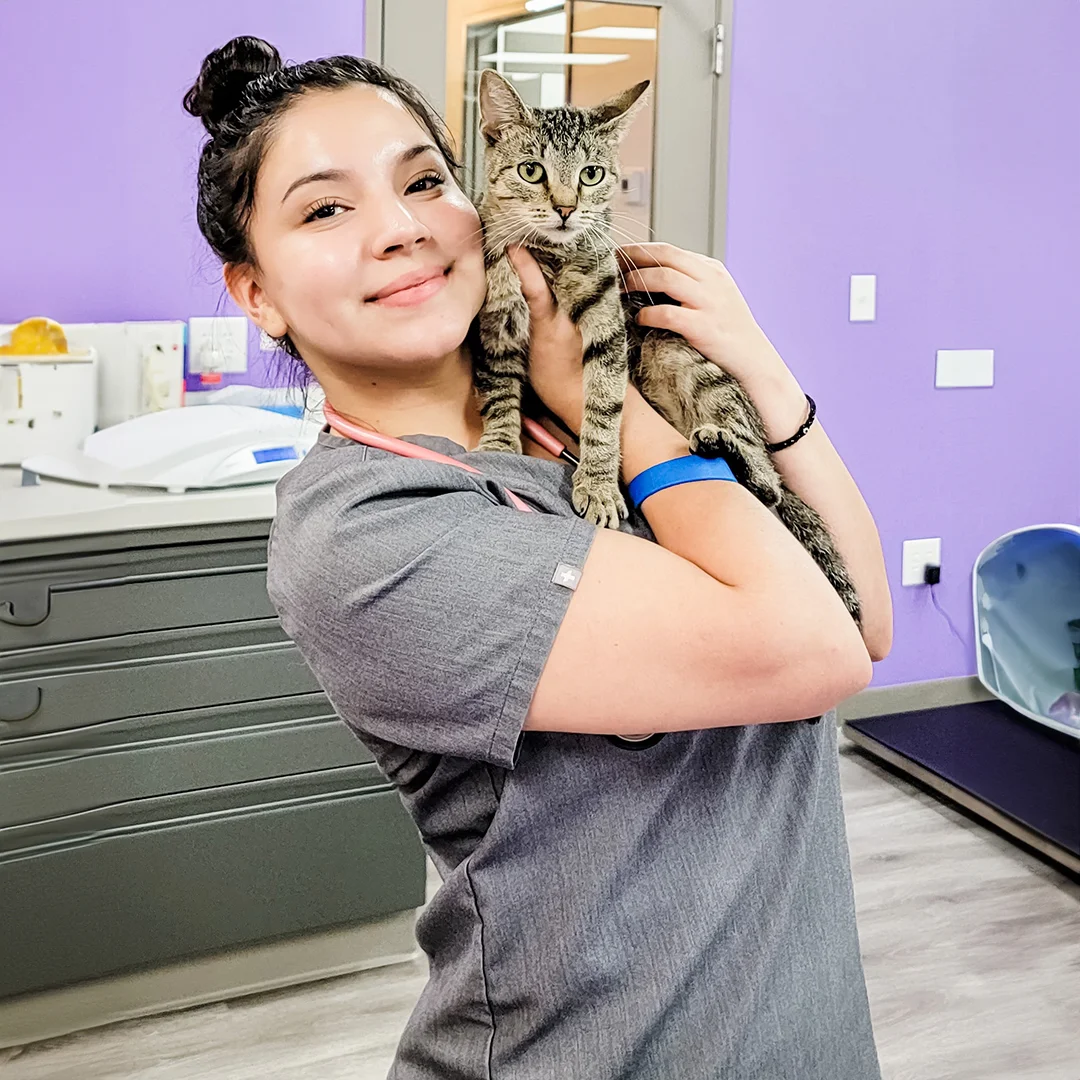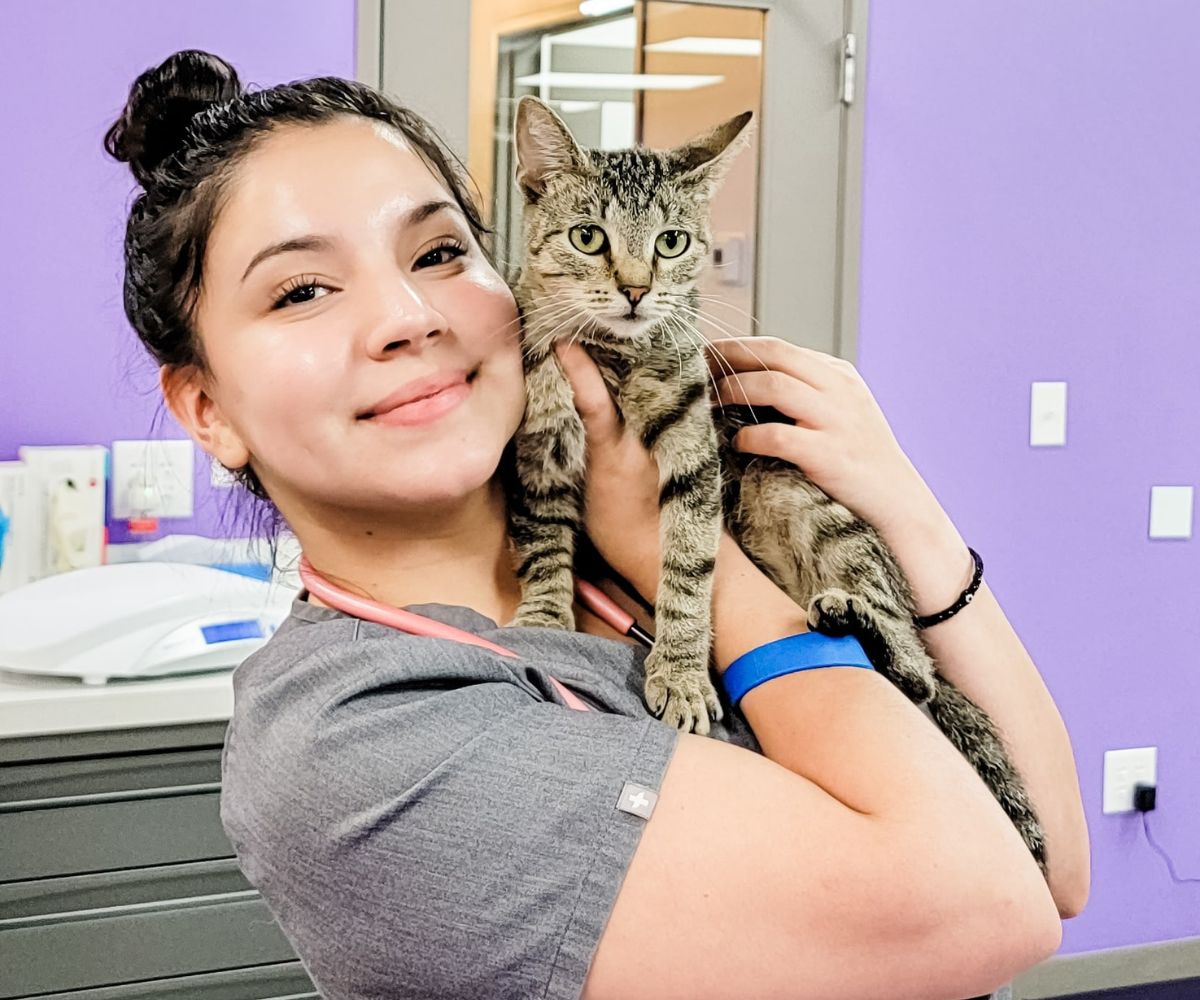Can Cats Get Constipated?
Constipation is not just a human ailment; our feline companions can also suffer from it. Cats are known for their cleanliness and grooming habits, but sometimes they can experience digestive issues that lead to constipation. Understanding the causes of constipation in cats is crucial for both preventing and addressing this uncomfortable condition. In this article, we will delve into the common culprits behind feline constipation and offer insights into how to manage and prevent it.
Dehydration
Dehydration is one of the primary causes of constipation in cats. Cats, especially those on a dry food diet, may not consume enough water to keep their stools soft and easily passable. When a cat’s body lacks adequate hydration, the colon absorbs more water from the feces, making them hard and difficult to pass.
Prevention and Management
- Ensure your cat has access to fresh, clean water at all times.
- Consider incorporating wet cat food into their diet, as it contains more water than dry kibble.
- Encourage your cat to drink by using a cat water fountain, as some cats prefer running water.
- Monitor your cat’s water intake and consult your veterinarian if you suspect they are not drinking enough.
Dietary Factors
Diet plays a significant role in a cat’s digestive health. An inappropriate diet can lead to constipation. Cats require a diet rich in animal-based protein and minimal carbohydrates. When their diet lacks fiber or contains too many fillers, it can lead to digestive problems.
Prevention and Management
- Consult your veterinarian for guidance on choosing an appropriate cat food brand that meets your cat’s nutritional needs.
- Avoid feeding your cat excessive amounts of dry kibble, as it tends to be lower in moisture and fiber.
- Add fiber to their diet with your veterinarian’s approval, such as psyllium husk or pumpkin puree in small amounts.
Hairballs
Cats are meticulous groomers who often ingest loose fur during their grooming sessions. While a certain amount of hair ingestion is normal, excessive hair in the digestive tract can lead to constipation and the formation of hairballs.
Prevention and Management
- Brush your cat regularly to remove loose fur and reduce the amount of hair they ingest.
- Consider using hairball prevention treats or cat food formulated to help control hairballs.
- If your cat continues to have hairball-related constipation, consult your veterinarian for advice on suitable treatments.
Obesity
Obesity is a significant health concern for cats and can contribute to constipation. Overweight cats are less active, and their sedentary lifestyle can slow down their digestive processes. Additionally, excess abdominal fat can put pressure on the colon, making it more difficult for stool to pass through.
Prevention and Management
- Maintain a healthy weight for your cat through portion control and regular exercise.
- Consult your veterinarian for a weight management plan tailored to your cat’s needs.
- Ensure your cat receives enough physical and mental stimulation to encourage movement and activity.
Lack of Exercise
Inactivity and a lack of exercise can lead to constipation in cats. Cats are naturally active animals, and when they don’t engage in physical activity, it can slow down their digestive system.
Prevention and Management
- Provide your cat with toys and opportunities for play to keep them active and engaged.
- Consider interactive toys or puzzle feeders to stimulate both their body and mind.
- Create a safe outdoor space or use a leash for supervised outdoor exploration if appropriate for your cat.

Underlying Medical Conditions
Constipation can also be a symptom of underlying medical conditions. Conditions such as megacolon, colonic tumors, pelvic fractures, and spinal cord injuries can all lead to difficulty passing stool.
Prevention and Management
- Regular veterinary check-ups are essential to detect and address any underlying health issues.
- If your cat experiences chronic constipation or if there’s a sudden change in their litter box habits, consult your veterinarian promptly for a thorough evaluation.

When Should I Seek Professional Help
Seeking professional treatment for cat constipation is essential when the condition is persistent, severe, or accompanied by certain worrisome symptoms. Here are situations in which you should consult a veterinarian for your constipated cat:
- Persistent Constipation: If your cat’s constipation persists for more than 48 hours despite home remedies and dietary changes, it’s time to seek professional help. Chronic constipation can lead to complications and should not be ignored.
- Straining to Defecate: If your cat consistently strains to defecate without producing stools, it could indicate a blockage or severe constipation that requires immediate intervention.
- Blood in Stool: The presence of blood in your cat’s stool, whether it’s bright red or dark and tarry, is a concerning sign. It can indicate various underlying issues, such as anal fissures or gastrointestinal bleeding, and should prompt an immediate visit to the animal urgent care.
- Lethargy and Loss of Appetite: If your cat becomes lethargic, loses interest in food, and appears unusually uncomfortable, these could be signs of a more serious problem related to constipation or an underlying health issue. Seek immediate professional assistance.
- Abdominal Pain or Distention: If you notice that your cat’s abdomen is swollen or if they exhibit signs of pain when you touch their belly, it could be due to a blockage or severe constipation. A veterinarian should evaluate this.
- Recurrent Constipation: If your cat experiences recurrent episodes of constipation, it may indicate an underlying health condition like megacolon, which requires ongoing management and veterinary care.
- Vomiting: Persistent vomiting in conjunction with constipation may indicate a severe gastrointestinal issue. Your vet can help determine the cause and provide appropriate treatment.
- Behavioral Changes: Sudden behavioral changes like increased aggression or hiding could be a sign that your cat is in pain or distress due to constipation or an underlying issue. Consult your veterinarian to address these changes effectively.
When you take your constipated cat to the vet, the veterinarian will perform a thorough examination, which may include:
- Palpating the abdomen to check for blockages or masses.
- Evaluating the rectal area for impactions or abnormalities.
- Conducting blood tests and imaging (such as X-rays or ultrasound) to assess the severity of the constipation and identify any underlying conditions.
- Depending on the situation, administering treatments such as enemas, laxatives, or manual removal of feces under anesthesia.
- Offering guidance on dietary changes and long-term management, especially if the constipation is recurrent.
Remember that constipation in cats can have various causes, including dietary factors, dehydration, underlying health conditions, and lifestyle factors. Early intervention and professional guidance can help alleviate your cat’s discomfort and prevent potential complications. If you observe any concerning signs or symptoms of constipation in your cat, it’s always advisable to contact your veterinarian promptly for appropriate diagnosis and treatment. If your cat is experiencing blood or extreme lethargy, don’t hesitate to seek immediate care.
Be Vigilant
Cat constipation is a discomforting condition that can affect our feline companions, causing them pain and distress. Recognizing the signs of constipation and knowing when to seek treatment or professional help is vital for their well-being.
Veterinarians have a range of tools at their disposal to diagnose and treat cat constipation effectively. They may perform physical examinations, use diagnostic tests, administer medications, or employ manual removal of feces when necessary. Additionally, they can provide guidance on long-term management, dietary changes, and preventive measures to minimize the risk of recurrence. In addition, if you are noticing severe symptoms of constipation, it is best to seek immediate care at an animal urgent care. Leaving constipation untreated because you are waiting for an appointment can be a dangerous game. If your animal is experiencing ongoing or suddenly severe constipation, it is best to seek immediate treatment at a local animal urgent care or animal hospital.
STATVet, located in the tulsa area is an animal urgent care that has veterinarian specialists standing by to help your cat or dog with care. If you are located in the area and need assistance with your cat’s constipation, call us today!
Remember that early intervention is key when dealing with cat constipation. Addressing the issue promptly ensures your cat’s comfort and helps maintain their overall health and quality of life. If you suspect your cat is suffering from constipation, don’t hesitate to consult your veterinarian for expert guidance and treatment options tailored to your feline friend’s needs. Your vigilant care and timely action can significantly impact your cat’s well-being and happiness.

